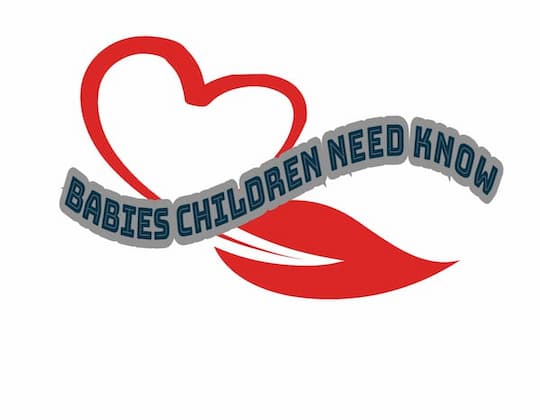Why Baby Talk is Good and Bad for Kids
Whenever a child is near, adults will regularly transform into enormous infants themselves, making senseless countenances, involving emphasis in their voices to prattle away.
While we might look a piece bizarre getting it done, another review recommends that when guardians' children converse with their babies, they may be assisting them with figuring out how to deliver a discourse.
We've talked with the specialists to figure out the starting points of child talk and why it is valuable for infants.
For what reason do we in all actuality do child talk in any case?
Dr. Arthur Lavin, the seat of the American Academy of Pediatrics Committee on Psychosocial Aspects of Child and Family Health, says that normally, children are more associated with their mother from birth.
"Generally talking, in the normal mother-father plan, practically all moms have a more shrill voice than practically all dads,"
Lavin says.
"The child cerebrum looks for that sharp sounding voice. What's more, incidentally, we got on to that, and attempt to imitate that voice by taking our own up several scores when a child is near."
Also, Lavin says that all living things know whether somebody is being great to them. Thus, notwithstanding a sharp voice, there is a tone of adoration, which is amplified by child talk.
"This is the place where the jargon gets a little ridiculous and the words don't make any difference," says Lavin. "You are simply spouting adoration. You might even murmur or sing. This is every one of them a method for interfacing with a child. This underlying association with a mother's voice dispatches this association."
How is child talk valuable?
As indicated by Dr. Harvey Karp, broadly eminent pediatrician and youngster improvement trained professional, when guardians go through and down and more passionate tone with motions, they're talking straightforwardly to a child's enthusiastic right mind.
The right mind is the non-verbal language side of the cerebrum that develops a lot quicker than the left half of the mind and is viewed as more "grown-up" and the middle for persistence, participation, scientific capacity - in any case ordinarily known as chief working.
"This sort of glittery conversational style helps infants tune in and learn, to some degree, since it's a little two-way discourse,"
says Karp, who takes note of that when guardians say a couple of expressions in a sing-songy way, babies frequently answer by cooing, grinning, or screeching.
"All of this volatility shows your little one how correspondence functions. It additionally shows them that we show our adoration and regard for somebody by focusing and alternating."
Linda Polka, Ph.D., of McGill University, co-creator of the University of Florida Study on Baby Talk, says that however, child talk might sound straightforward, it's achieving a great deal.
"We're attempting to draw in with the newborn child to show them something about discourse creation," she says. "We're preparing them to handle their own voice."
Furthermore, the review recommends that the examples related to child talk - which researchers call "baby coordinated discourse" - could be a critical part in assisting infants with making words.
When should child talk end?
Child talk is useful when a youngster has no clue about what any words mean. Nonetheless, Lavin says that when children move towards out and out the language at around 15 months old enough, the significance of the child talk drops and clears a path for an association of the adoration and feelings worked around the utilization of language.
While the specialists concur that there's no "perfect opportunity" to quit utilizing child talk with your youngster, Karp says it is essential to adjust your child's talk as they age, particularly when feelings are running high.
For instance, he takes note that little child minds are as yet juvenile, which is the reason they frequently get disturbed, become indiscreet and crude when baffled.
"While talking with a youngster who's having feelings - blissful or miserable - it's critical to interpret utilizing this regular mind inclination with what's called Toddler-ese,"
says Karp.
Karp takes note that guardians can make an interpretation of anything into Toddler-ese by just utilizing three little advances:


Comments
Post a Comment